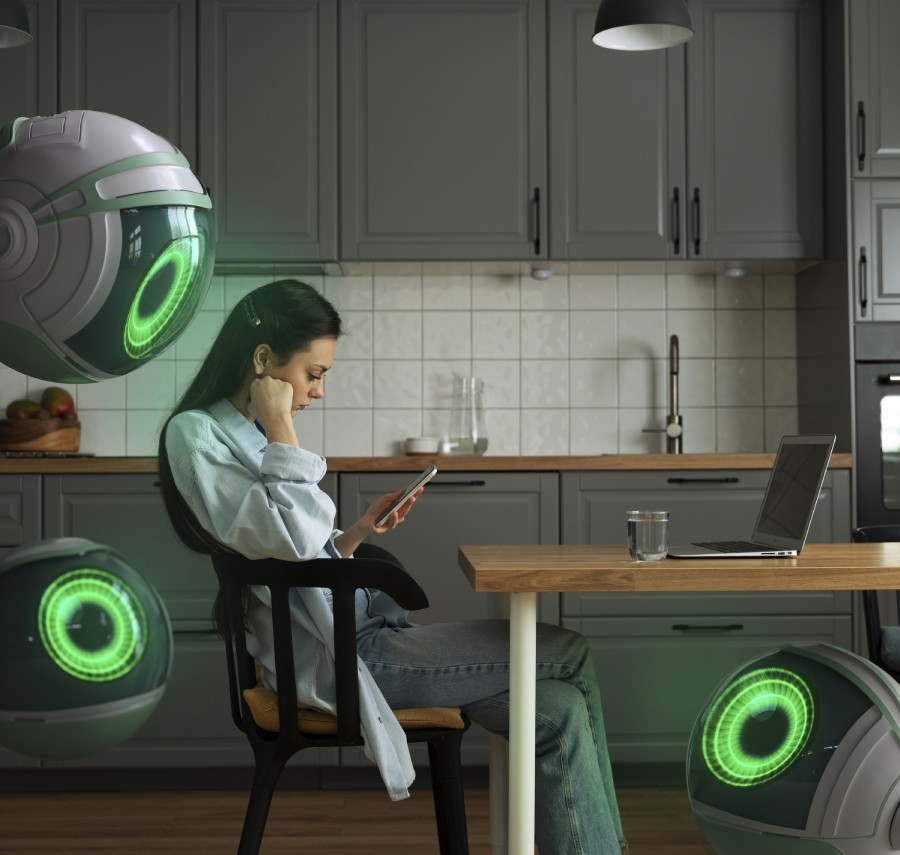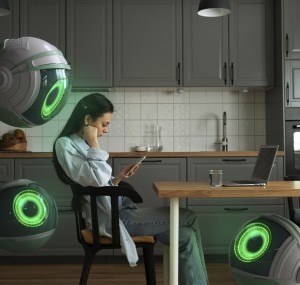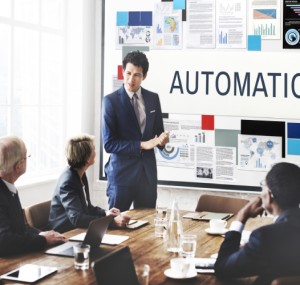
The Future of Work: AI and Job Disruption or Creation?
Definition of AI and its Growing Impact
The advent of artificial intelligence (AI) has revolutionized various industries and aspects of our lives, with its influence now extending to the workplace. AI is transforming the way we work, automating tasks, enhancing productivity, and creating new opportunities.
The Evolving Landscape of the Job Market
The job market is undergoing a dynamic shift, with technological advancements and demographic changes altering the demand and supply of labor. The rise of AI and automation is further amplifying this transformation, raising concerns about job displacement and the need for adaptability.
The Rise of AI in the Workplace
Overview of AI Technologies
AI encompasses a range of technologies, including machine learning, natural language processing, and computer vision. These tools are being applied across industries to automate repetitive tasks, analyze data, and make predictions.
Adoption Trends in Various Industries
AI adoption is rapidly increasing in various industries, including manufacturing, finance, healthcare, and retail. These sectors are leveraging AI to optimize processes, improve customer service, and gain a competitive edge.
Job Disruption: Myth or Reality?
Concerns About Job Displacement
The potential for AI to automate certain jobs has raised concerns about widespread job displacement. While AI will inevitably replace some tasks, it is also creating new opportunities and transforming existing roles.
Examples of Jobs Affected by Automation
Examples of jobs that are likely to be partially or fully automated include data entry clerks, cashiers, and drivers.
Industries Facing the Most Disruption
Industries with high potential for automation include manufacturing, transportation, and call centers.
Counterarguments: Jobs Created by AI
While some jobs may be lost to automation, AI is also creating new roles that require specialized skills and knowledge.
New Roles and Skillsets
New jobs are emerging in areas such as AI programming, data analysis, and cybersecurity.
Industries Experiencing Growth
Industries that are expected to experience growth due to AI include healthcare, education, and technology.
The Transformative Power of AI
Automation vs. Augmentation
AI can be used to automate tasks, removing the need for human intervention. However, it can also be used to augment human capabilities, providing assistance and decision-making support.
Examples of AI Enhancing Human Productivity
Collaborative Robots (Cobots)
Cobots work alongside humans, performing tasks that are dangerous or repetitive.
AI-Assisted Decision Making
AI can analyze data and provide insights to help humans make better decisions.
Preparing for the Future Job Market
The Importance of Reskilling and Upskilling
In the AI era, continuous learning and adaptability are essential for individuals and organizations to thrive. Reskilling and upskilling programs can help workers acquire the necessary skills to adapt to the changing job market.
Promising Career Paths in the AI Era
Emerging Job Roles
Jobs such as AI engineer, data scientist, and robotics technician are expected to have high demand.
Cross-Industry Opportunities
AI expertise can be applied across various industries, creating opportunities for vertical mobility.
Addressing Ethical and Social Implications
Ethical Considerations in AI-driven Job Changes
Implementing AI-driven change responsibly requires consideration of ethical principles, such as fairness, transparency, and accountability.
Social Responsibility of Companies and Policymakers
Companies must prioritize social responsibility in their AI adoption, ensuring that it benefits workers and society as a whole. Policymakers need to establish guidelines and regulations to address potential ethical concerns associated with AI.
Case Studies
Real-world Examples of Companies Successfully Adapting to AI
Examples include Amazon's use of AI to optimize logistics and Accenture's use of AI to provide data-driven consulting services.
Learning from Mistakes: Instances Where Job Disruption Was Not Handled Well
Examples include Kodak's failure to adapt to digital photography and Blockbuster's neglect of online streaming.
Predictions for the Future
Experts' Insights on the Future of Work and AI
Experts predict that AI will transform the workplace, creating new roles, reducing repetitive tasks, and requiring enhanced human skills.
Balancing Automation with a Human-Centric Approach
The future of work will likely involve a blend of automation and human expertise, with AI augmenting human capabilities rather than replacing them.
Conclusion
Recap of Key Points
AI is undoubtedly transforming the workplace, raising concerns about job displacement while simultaneously creating new opportunities. Reskilling, upskilling, and ethical considerations are essential components of navigating this complex landscape.
This article was created using artificial intelligence generated by Google Bard.
Share This Post



Subscribe to newsletters and get news.
Sign up for updates and stay informed about the latest developments and be a part of our community and get the latest news and insights.




